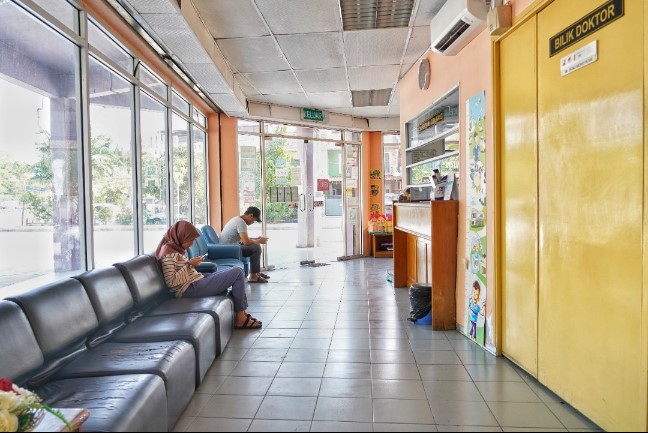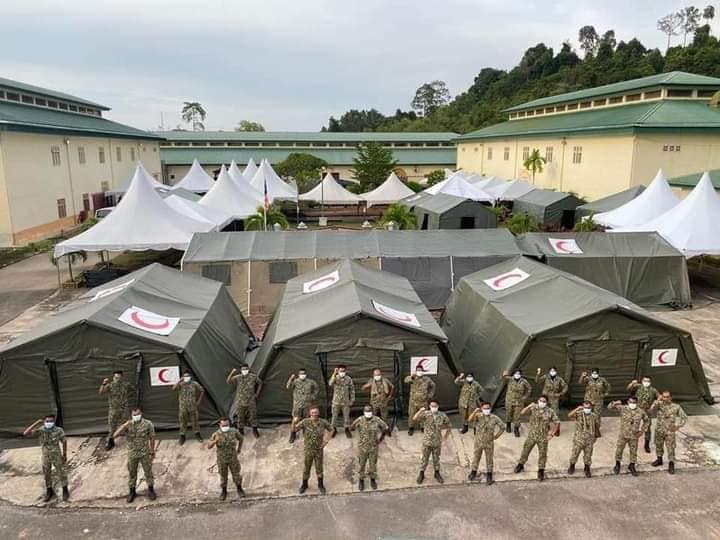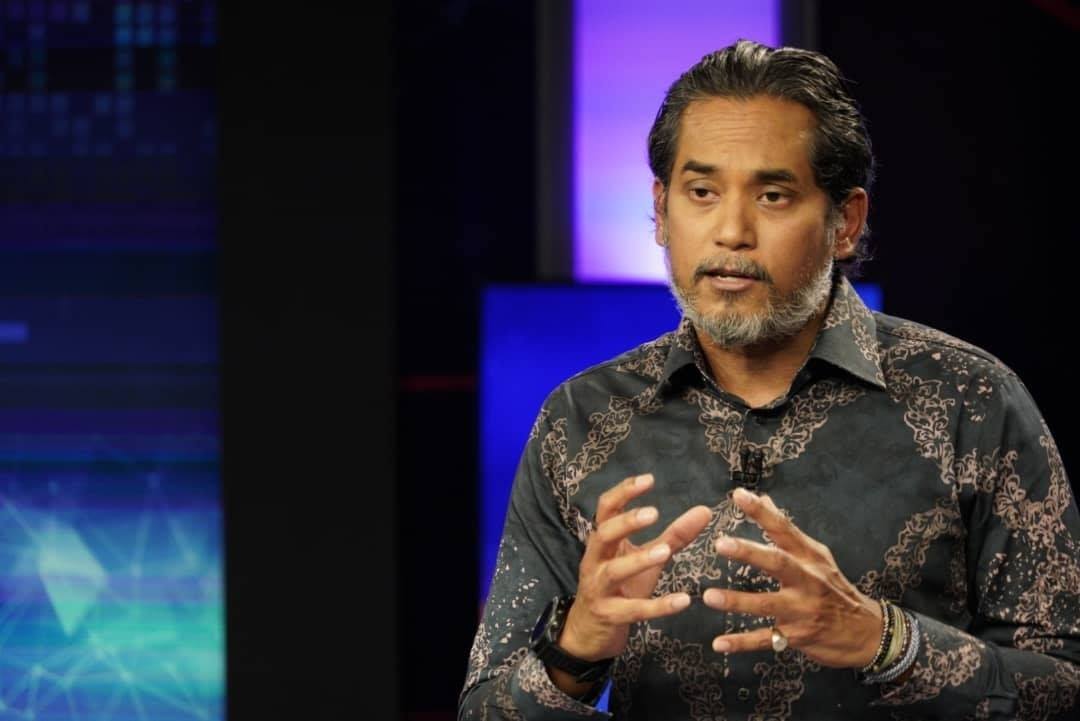KUALA LUMPUR, Jan 27 — The government aims to kick-start the national Covid-19 vaccination programme by immunising 75,000 people a day across 600 vaccination sites nationwide from March.
This is equivalent to 12,500 people per hour in a six-hour day, or five people simultaneously taking jabs at each of the 600 vaccination sites, based on a target of 15 minutes per person.
Science, Technology and Innovation Minister Khairy Jamaluddin said the daily goal of 75,000 jabs to the arm is the government’s first target. The next target, depending on supply, is to administer 150,000 shots a day to take into account the second dose. Hence, the government expects to complete vaccination of 27 million people, more than 80 per cent of the population, by March 2022, or the fastest by this December.
He acknowledged potential vaccine supply problems, such as manufacturing delays with Pfizer and AstraZeneca vaccines, as well as regulatory delays with the Chinese and Russian shots.
“The portfolio of vaccines will continue to be rebalanced, continue to be adjusted, so that we can have a decent supply right up to quarter four of this year,” Khairy told CodeBlue in an exclusive interview Monday.
“We want to try to get as much done as possible by quarter two, quarter three, quarter four. We’ve identified about 600 vaccination sites to do this. But we’re also looking at securing other sites, for instance, we’re looking at stadiums, we’re looking at big venues.
“So I think if we consider 75,000 people per day, with the combination of 600 sites — KKM (Ministry of Health) sites, as well as private clinics and private hospitals — plus these mass vaccination sites that I’m trying to coordinate, if things go as planned, we can get it done by December at the quickest,” he said, adding that mass vaccination centres could run 24 hours a day.
He added that the government was also mapping out vaccination sites according to population density and assumptions of demand, estimating how many people can receive shots at each site every day based on the number of people living within a 10km radius from the site, for example.
“Hopefully, in a month or so, or less than that, we’ll have a decent estimate of when we can finish, assuming we have the supply.”
The 600 identified vaccination sites, according to Khairy, comprise Ministry of Health (MOH) hospitals and public health clinics (Klinik Kesihatan), university hospitals, Malaysian Armed Forces hospitals and clinics, private general practitioner (GP) clinics, and private health care facilities. He declined to give a state breakdown for the 600 vaccination sites.
When asked how many private GP clinics have been identified as vaccination sites, since there are 7,000 GP clinics nationwide, Khairy said discussions need to be held at the state level and with private GPs to look at their vaccination capacity and their location.
“The rate of vaccination at private GP clinics, we’re projecting, is not going to be very high,” Khairy said.
“This is more for convenience. If an elderly person is staying in a particular place where it might be far to go to the hospital or the sites, they can go to the local GPs. We’ll have a list on the website, we’ll have it listed in MySejahtera as well, where you might find an appointment.”
He added that the government would pay private GPs for their Covid-19 vaccination services; their patients will receive the shots for free.
“It is an opportunity cost for the GPs, so we’re prepared to pay for it,” Khairy said, adding that the payment rate for GPs will be released later.
10,000 Vaccination Staff: MOH Workers, GPs, Pharmacists, Community Volunteers, Red Crescent, St John Ambulance

Khairy said the current ballpark figure was 7,000 vaccination staff, including immunisers, but stressed that it could be much, much higher, more than “easily” 10,000, depending on the number of vaccination sites set up. Besides doctors, the vaccination staff comprise medical assistants, nurses, nurse supervisors, medical students, volunteers, and non-governmental organisations (NGOs).
“We’re going to mobilise not just people in the health service, but also community volunteers, the Red Crescent, the St John Ambulance, we’re going to get as many people as possible to be involved in this. A lot of volunteers.
“Part of it is administering, not anyone can administer, but we want to ensure that all the support services — the work from registration, to surveilling 15 minutes after you receive [a jab] to make sure there’s no adverse reaction — we want to make sure there’s enough people there.”
He said the government would also look at roping in community pharmacists to administer shots, acknowledging that MOH does not have enough staff to run the Covid-19 vaccination programme. MOH health workers have already begun training for coronavirus immunisation.
“By our calculations, for the first phase which is frontliners, we have enough MOH staff to roll out the first phase, then we’ll start training the rest as we go along.”
The United Kingdom aims to recruit and train volunteers, including non-clinicians, to administer coronavirus vaccines under clinical supervision. A registered health care professional is needed to carry out the clinical assessment and consent.
Military To Set Up Field Vaccination Centres In Interiors

The military, which runs its own parallel health service to MOH, will also be recruited to the national Covid-19 vaccination programme.
Khairy said the Malaysian Armed Forces can set up field vaccination centres in the interiors where people may find it difficult to go out to get immunised. The military will also vaccinate civilians in the surrounding areas of army hospitals, such as in Setiawangsa.
“We’re also using the military for logistics planning and security, especially at the sites where we’re storing the vaccines,” he said, adding that 55 “highly secure” storage sites with ultra-low temperature freezers for Pfizer vaccines have been identified.
Khairy declined to reveal the location of these 55 storage sites.
The government, he said, is building a website for people to register for shots. The website will also have an online dashboard to show the country’s daily Covid-19 vaccination rates.
Read more stories from our interview with Khairy here:








